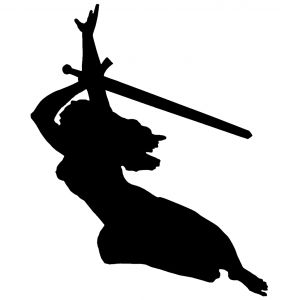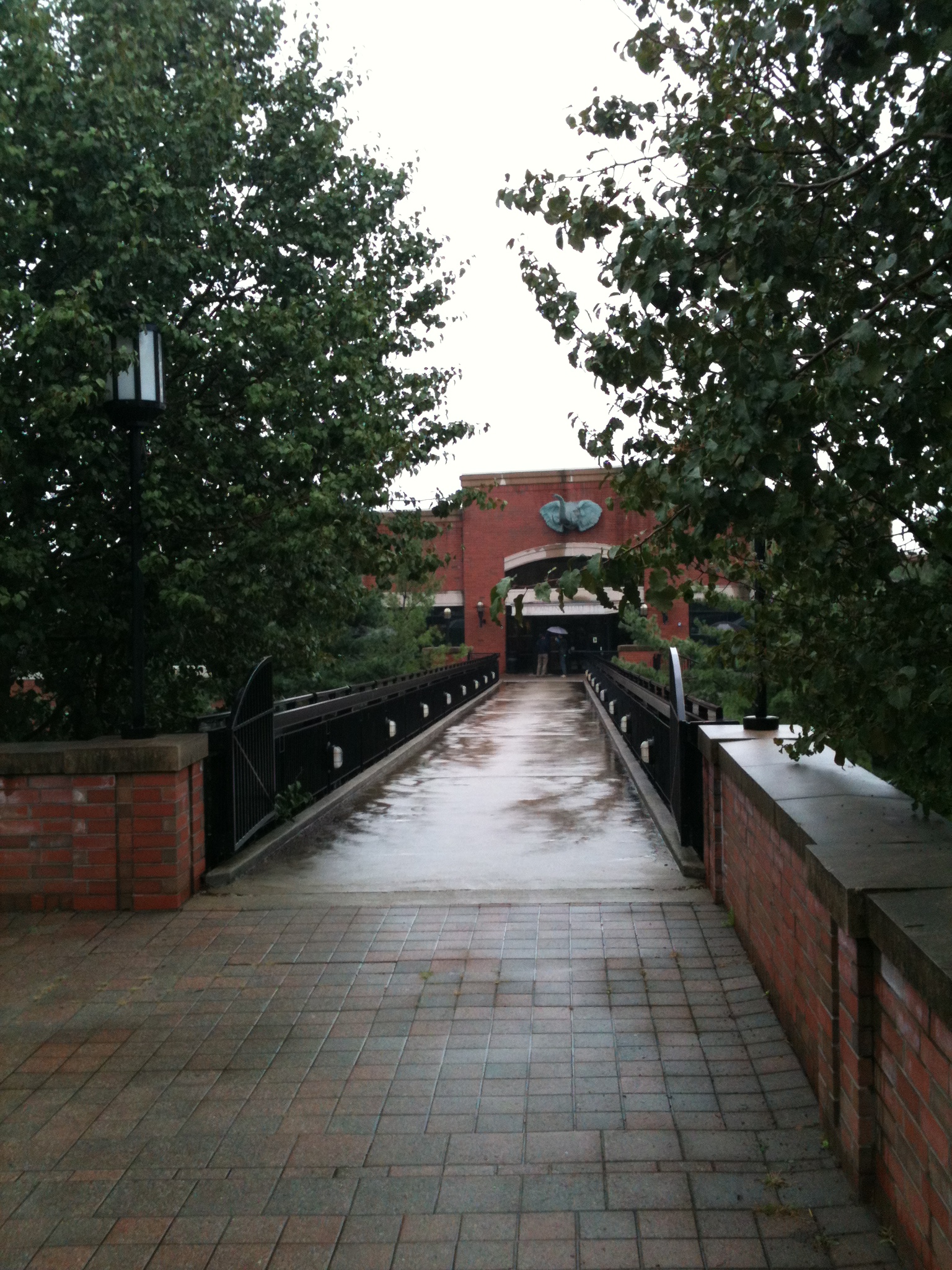One of the perks of my profession is that I get to sit in on a vast array of different classes. Some of these are my own classes designed to be taught to myself and my colleagues, some are classes which I am assisting in some capacity and thereby are designed to be taught to those slightly lower on the intellectual hierarchy.
And because I do get to sit in on this wide array of classes, when I notice a pattern it’s generally something fairly universally applicable (as universally applicable as anything truly can be).
So, for the past few weeks, a pattern has come to my attention and it’s really beginning to sit funny under my skin. In all of my classes, at least once but generally multiple times a class session, Hamlet has been brought up not just as the iconographic English-language play, but the iconographic play of the entire modern Western theatre canon.
By “sit funny” I don’t mean “sit wrongly” or “feel badly”, I just mean that it’s come up so very frequently that I can’t help but be astounded by it. Obviously my man Will is a deeply influential force in my life, but the fact that he’s mentioned so often in these classes implies something that I’ve always assumed, but have only rarely paused to examine deeply.
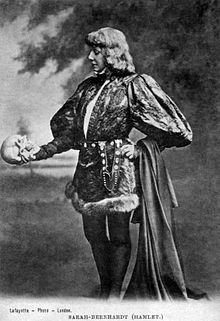
iconic shot of Sarah Bernhardt as Hamlet
In the paper I am currently working on for ASTR, I argue that the creation of Hamlet as an icon is deeply wrapped in the creation of David Garrick’s career. David Garrick was eighteenth century London’s (arguably) most famous actor, and if not actor then certainly most famous Shakespearean. Garrick had a penchant for Hamlet (and, for that matter, Hamlet) and had many professional interactions with the role and the text that worked to cement both in the eighteenth century consciousness (I’m being purposefully vague here, while I’m happy to bat around general concepts, I’m not comfortable publishing my research notes on the internet). In my opinion, this is truly the beginning of the ruff-wearing, skull-holding, brooding prince as an icon of the theatre.
The continuance of this icon and its permeation into the college classroom tells me several things:
1) It is a fairly wide-reaching trope. The fact that a professor, striving to explain a concept to a roomful of undergrads, can reach for Hamlet as a cardinal example and expect the entire room to understand what he is saying, uncovers certain societal expectations of the people sitting in that classroom. Both undergraduate classes which I’m sitting in on are taught via the theatre department, but only one of them is an “upper-level” course (i.e.: has prerequisites). Thereby, while these students are expected to have a passing interest in theatre, they are not all expected to have proficiency with theatre. Thereby, the expectation that the modern, educated young person will understand Hamlet as an icon is an expectation that can be carried into the real world. Educated people know Hamlet, even if they aren’t educated in the theatre per say.
2) It is an accepted trope. Not once have any of the students disputed the idea that Hamlet is a go-to for archetypical modern Western theatre. In fact, utilizing Shakespeare (and, particularly, Hamlet) as an authority is a tradition almost as old as Shakespeare himself (another topic I’m grappling with in my paper, but this is going to become its own project imminently).
3) It is a wide-ranging trope. Again, I live in the Theatre Department, so that certainly limits my sample size. Outside of that limit, I feel as though I’ve heard the trope repeated enough that I can say with some surety that it’s not just theatre people who do this. How often have we seen the aforementioned image in advertising, cartoons, popular culture? The ruff and skull image seem to be shorthand for “theatre” just as “Band-Aid” is shorthand for “sticky bandage with sterile pad for small wound”.
ll of this leads me to the conclusion that the Hamlet connection is a true societal meme;
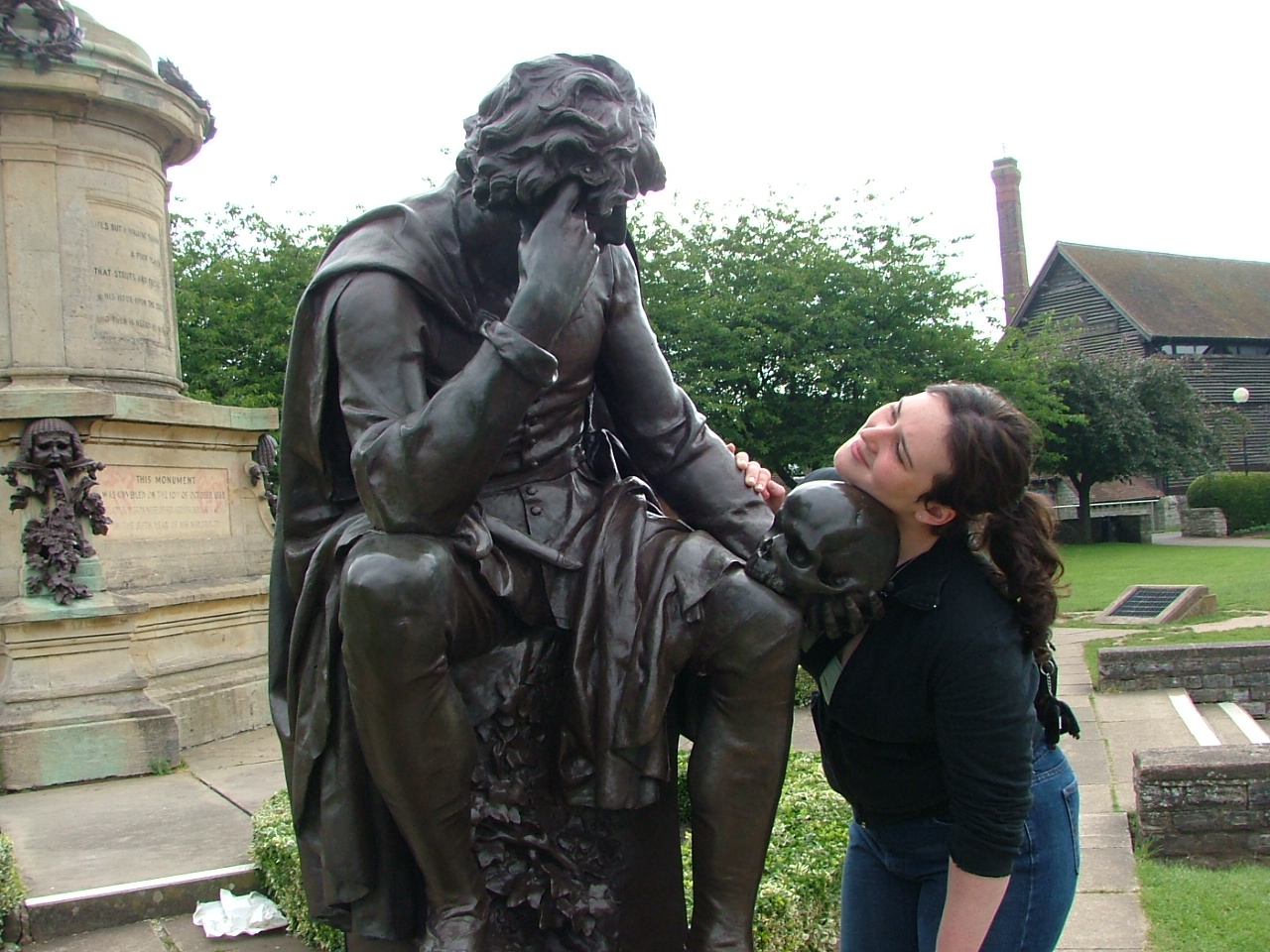
Hanging with Hamlet in Stratford-upon-Avon
passed down from one generation to another in a self-perpetuating state of self-referentiality. I plan to keep an eye on the Hamlet meme in hopes that it will spark something deeper, but for the moment my brain space has only enough room for pattern recognition.
So keep an eye out. I’m thinking of making Hamlet-spotting a sport.
(Rosalind update: As You is looking great! We go into tech Sunday and open for an invited dress next Thursday before real opening night Friday. EXCITED!)

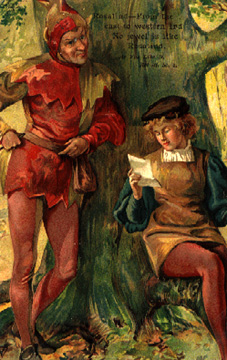
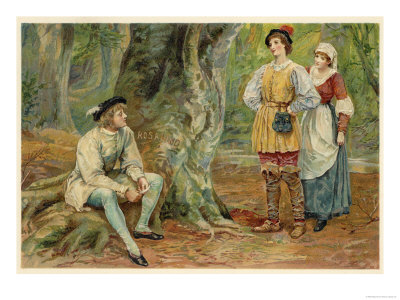

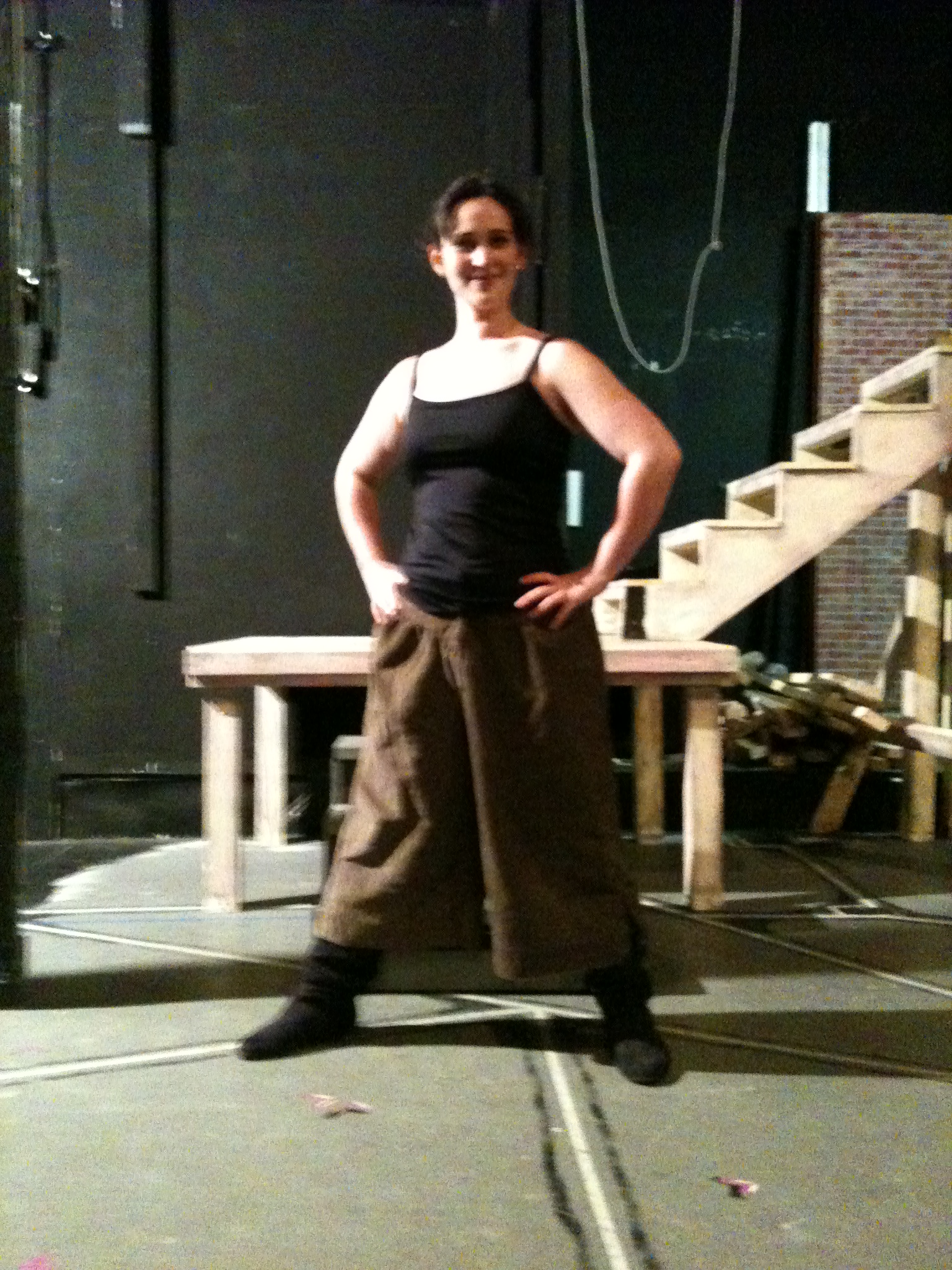

 The TA’s office hours can be extremely helpful if you find yourself struggling with your writing, understanding an assignment, understanding the course material, or even the college experience in general. Think of the TA like a friendly neighborhood spiderman: the TA is closer to the undergraduate experience and so is more likely to remember what it’s like, the TA knows the library resources really well because she spends her days digging through them, the TA is excited about whatever it is that you’re studying and would love an opportunity to pass on some wisdom, knowledge, or advice, and the TA works closely with your professor and so knows what is expected of you/the class in general.
The TA’s office hours can be extremely helpful if you find yourself struggling with your writing, understanding an assignment, understanding the course material, or even the college experience in general. Think of the TA like a friendly neighborhood spiderman: the TA is closer to the undergraduate experience and so is more likely to remember what it’s like, the TA knows the library resources really well because she spends her days digging through them, the TA is excited about whatever it is that you’re studying and would love an opportunity to pass on some wisdom, knowledge, or advice, and the TA works closely with your professor and so knows what is expected of you/the class in general.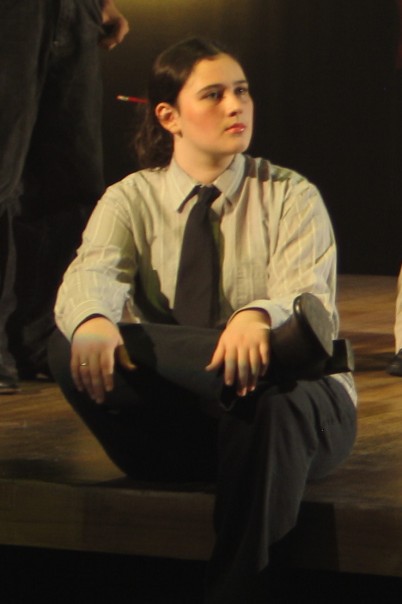


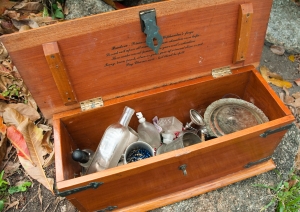 This exercise has gotten me pumped for the semester. Research, especially target and stalk research, is like a treasure hunt. Each successful finding was a new chance to feel accomplished, a new chance to learn something, and a new chance to feel like, despite any misgivings that may crop into the recesses of my mind, I can accomplish.
This exercise has gotten me pumped for the semester. Research, especially target and stalk research, is like a treasure hunt. Each successful finding was a new chance to feel accomplished, a new chance to learn something, and a new chance to feel like, despite any misgivings that may crop into the recesses of my mind, I can accomplish.